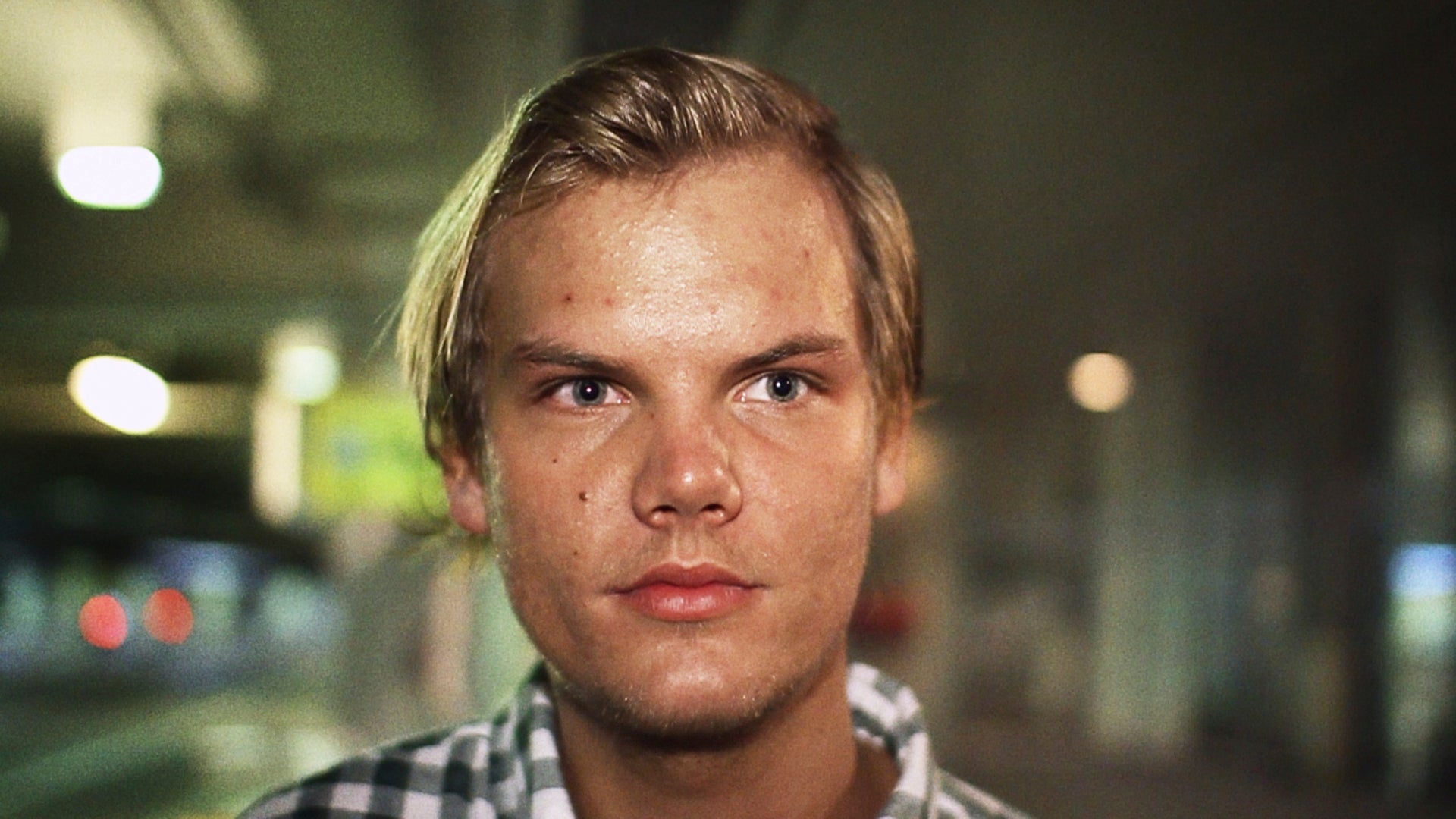Avicii’s dad shares painful details of intervention before late DJ’s death
Klas Bergling – Avicii’s father – opens up in Netflix documentary about staging an intervention before his late son’s death

The father of the late DJ and producer Avicii has described the “excruciatingly painful” intervention staged for his son as he struggled with his fame and lifestyle before his death.
A new Netflix documentary, Avicii — I’m Tim, sheds light on the mental health struggles that led to the Swedish artist’s death by suicide in 2018 at the age of 28, including an addiction to painkillers exacerbated by anxiety.
Avicii, born Tim Bergling, was grappling with the pressures of fame and his own identity when Klas Bergling, alongside Avicii’s longtime collaborator and manager Arash “Ash” Pournouri, organized the intervention. It was a moment of crisis fueled by the young star’s inability to reconcile his onstage persona with his personal life.
“I just felt anxious. I didn’t know where the anxiety came from,” Bergling says in a voiceover in the film. “I could feel it physically in my gut. It was like a stone in my gut, that’s how it felt. And it was constant. A constant emotion.”
The intervention involved close friends, siblings, and tour management. According to Klas, Avicii was initially resistant. “As he approached, he could see all of us there. It was excruciatingly painful to see the look in his eyes. Oh man, that was really rough,” Klas recounts. “Then everyone shared how concerned they were, and Tim… at first, he was pretty furious.”
The discussion stretched for hours, with Bergling refusing help until, as Klas recalls, a shift occurred. “He refused to give in. But eventually, something made him say, ‘Fine, I’ll get help.’ I said, ‘Okay, thank you.’ It finally registered. We were thrilled. It got through to him. I think he realized it was time for him to do something about it.”
Afterward, Bergling began seeking help from psychiatrists and doctors, altering his lifestyle to focus on physical and mental well-being. He also adjusted his professional approach, clearing his schedule and moving away from the demanding tour cycles that had defined his career.
“I’m trying to find balance,” Bergling says in the documentary. “Balance in life, and with my friends and family.”
For a time, this approach seemed to provide some relief. In 2017, Bergling started practicing transcendental meditation and began creating music for what would become the posthumous album, Tim. Reflecting on this period, he said, “I felt really happy. I was free.”
The documentary captures both Avicii’s meteoric rise with hits like “Wake Me Up” and “Hey Brother” and his struggles with fame. It culminates in the aftermath of his death in April 2018 while on vacation in Muscat, Oman.
Jesse Waits, a close friend, remarks, “I don’t think anybody really knows why or what happened. Nobody knows what was going through his mind. Everybody can speculate. He seemed good to everybody I talked to that [was] around him. He was just in a good place. It’s hard to accept.”
Klas echoes this sentiment, adding, “None of us imagine that something like this could happen.”
Directed by Henrik Burman, the film includes narration from Bergling himself, interviews with collaborators like Chris Martin and Aloe Blacc, and personal footage, offering a poignant glimpse into the life of the late artist.
If you are experiencing feelings of distress, or are struggling to cope, you can speak to the Samaritans, in confidence, on 116 123 (UK and ROI), email jo@samaritans.org, or visit the Samaritans website to find details of your nearest branch. If you are based in the USA, and you or someone you know needs mental health assistance right now, call the National Suicide Prevention Helpline on 1-800-273-TALK (8255). This is a free, confidential crisis hotline that is available to everyone 24 hours a day, seven days a week. If you are in another country, you can go to www.befrienders.org to find a helpline near you.
Join our commenting forum
Join thought-provoking conversations, follow other Independent readers and see their replies
Comments
Bookmark popover
Removed from bookmarks